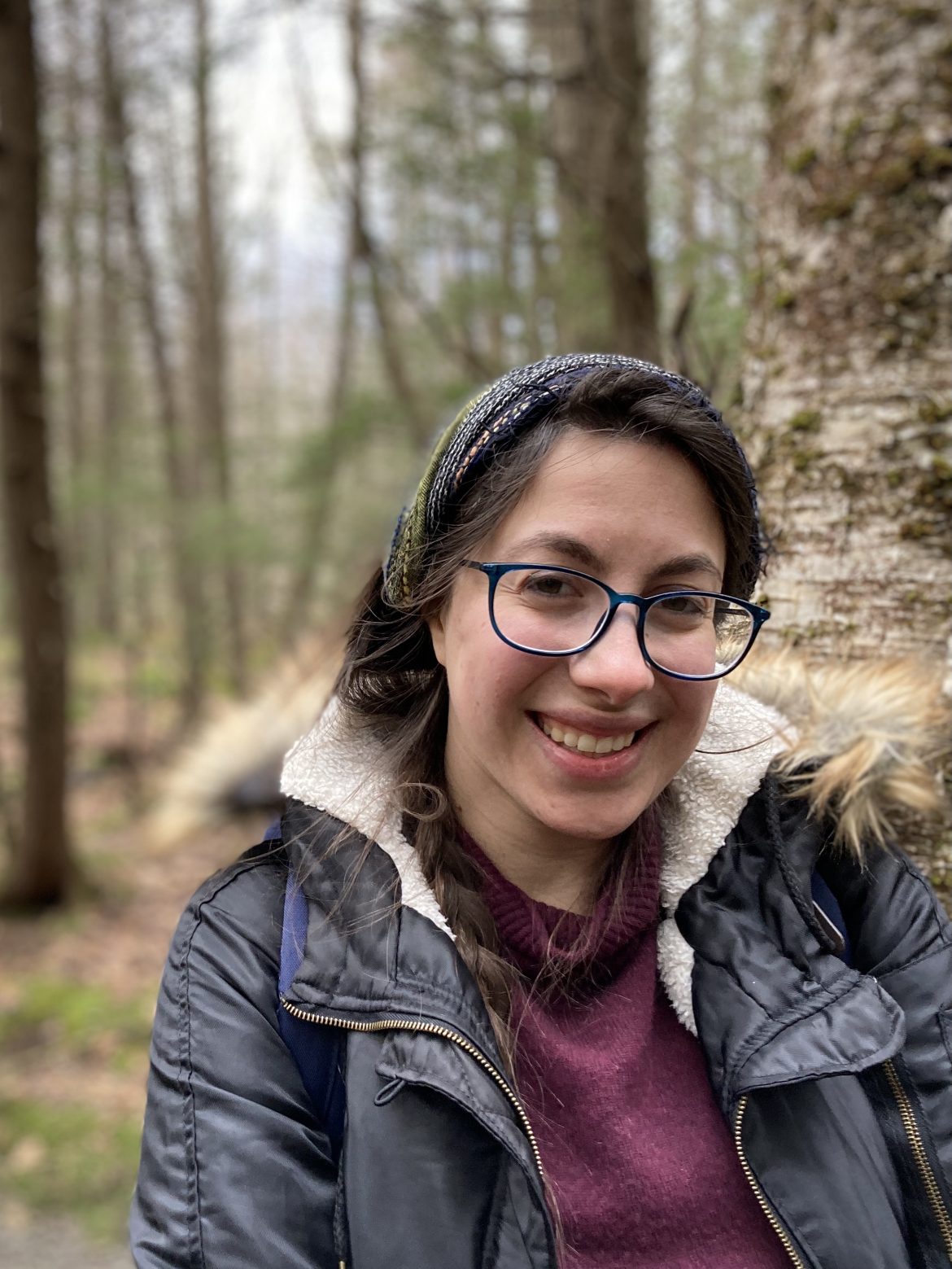Today is Yom Yerushalayim, Jerusalem Day, the anniversary of Israel’s victory over Jordanian forces in the Old City and East Jerusalem during the Six Day War. An anniversary of reunification. An anniversary of conquering. Of holding onto a city in a clenched fist. A day to think about miracles and their limits.
It occurs to me that we don’t actually know what a miracle is until long after it’s happened. That’s the message of Dayenu, that what we think in the moment is pure splendor and wonder, and enough we find out later from taking the long view that it could never have been enough on its own. What is the Exodus from Egypt without survival? But what is survival without Torah?
Yom Yerushalayim is a day celebrating what we have assumed to be a miracle, an ends to itself. Like on Chanukah and Pesach, there are those who today say Hallel, a collection of psalms of thanksgiving, because it is a time to give thanks for a yoke released, battles won, and victory achieved. But the Talmud teaches us that we don’t say Hallel on Purim because on Purim we never achieved any true salvation. At the end of the holiday, we were still under Persia’s control (Megilla 14a). The miracle was incomplete. We must be careful how we celebrate.
At the end of Yom Yerushalayim, we have not reunited a city. We took a city divided by violent conquering and conquered it violently again. If there was a miracle, it was in the opportunity we were granted to do something right and year after year we have brought violence back into the city, marching and mocking and marauding, all on the very day so many of us say Hallel to celebrate what begins to look less and less like a miraculous end. Is this what God wants us to give thanks for? Is this the celebration that God desires?
Do we praise the God who uplifts the downtrodden as we exploit legalities to evict and ethnically cleanse? Do we thank God for the opportunity to build God a home as we deprive human beings of their own? In Hallel, we say, “I said too rashly that all human beings are liars.” Hypocrites. So let’s not be rash. We don’t have to say it if we don’t enact it. We are the people of Aharon the peacemaker but we are also the people of Korach who used God’s promise of guaranteed holiness for the entire nation as a bludgeon to break down all boundaries and enact mob rule. I pray for forgiveness for what we have done with the opportunity we had and the violence we still enact. And I pray that in a hundred years, our long view of Yom Yerushalayim will lead us to say Hallel. But I’m losing hope for it. #SaveSheikhJarrah
Click Here to make a tax-deductible contribution.
